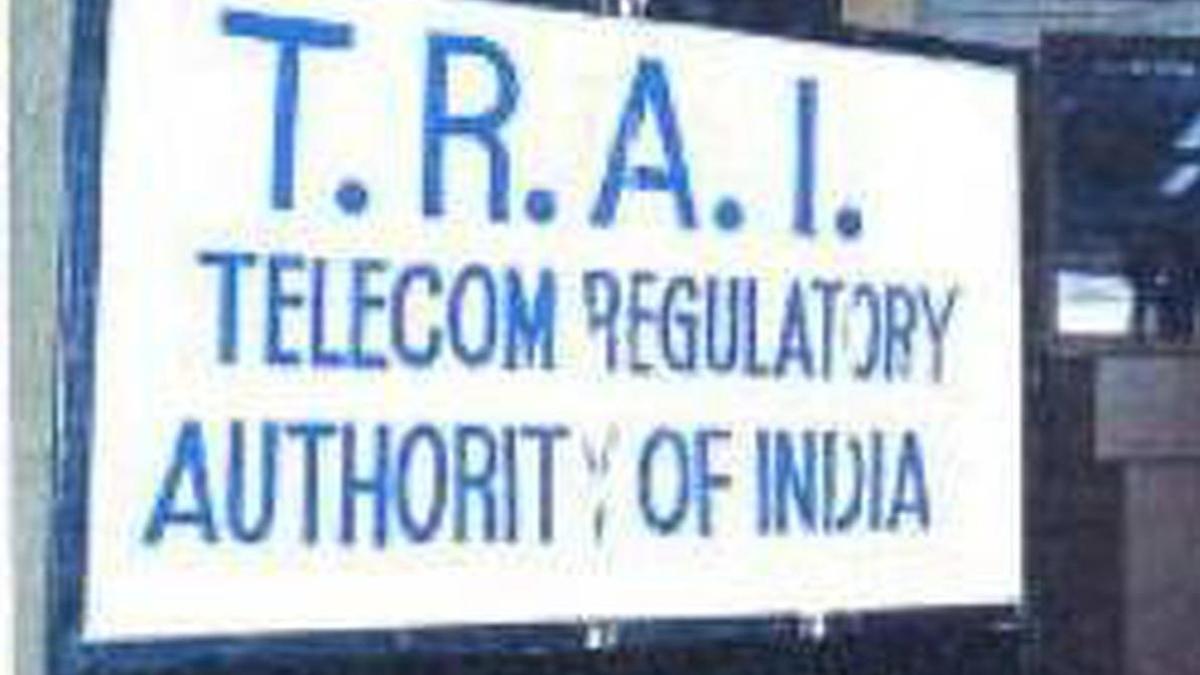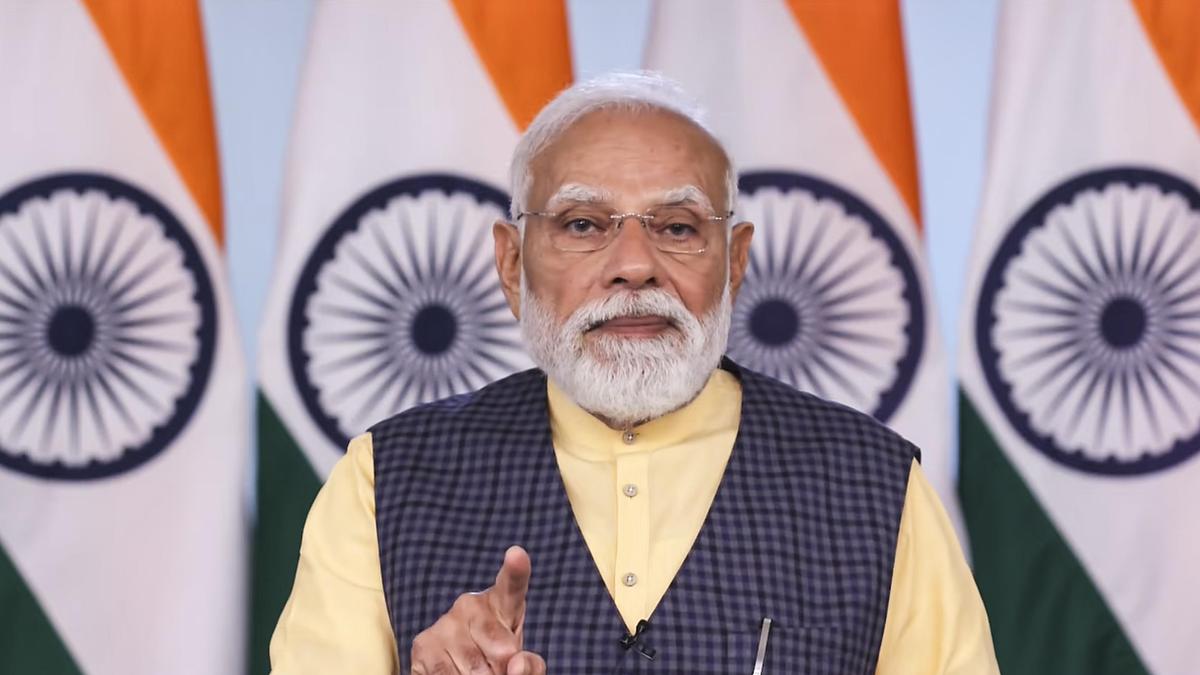Telecom Regulatory Authority of India. File
| Photo Credit: Special Arrangement
The Telecom Regulatory Authority of India (TRAI) on Monday (September 8, 2025) said that it had no role to play in approving content for bulk SMS messages. The regulator was responding to the Indian National Congress’ allegation that it was stopped from sending a link to a video on allegations of voter fraud in Maharashtra. Party leader Praveen Chakravarty said over the weekend that the Congress was circulating the link to the video to its own cadre.
“No application was received by #TRAI for sending SMS to a political party’s Maharashtra cadre on how the 2024 Assembly election was ‘stolen’,” TRAI said in a post on social media platform X. “TRAI doesn’t approve individual SMS templates. As per the photo, it is clear that it was rejected by the service provider, STPL.”
#FactCheck
No application was received by #TRAI for sending SMS to a political party’s Maharashtra cadre on how the 2024 Assembly election was ‘stolen’.
TRAI doesn’t approve individual SMS templates.
As per the photo, it is clear that it was rejected by the service provider, STPL pic.twitter.com/KNan82dczM— TRAI (@TRAI) September 8, 2025
Bulk SMS messages have to be registered as a “template” in India with telcos, as a result of years of anti-spam regulations, which have led to strict controls on who can send bulk SMS messages in India. People sending bulk SMS messages are required to upload “templates” containing the message’s text to a blockchain recognised by their telecom operator. Without a registered template, telcos will filter out any unapproved bulk communications over SMS, as required by TRAI. The responsibility of evaluating templates lies with the telco, or its approved blockchain technology provider.
The framework for this system is laid out in the Telecom Commercial Communication Customer Preference Regulation (TCCCPR), 2018, which TRAI published last decade, and has continuously updated with amendments. TRAI doesn’t appear to have explicitly prohibited political content on such content templates — in fact, political parties are explicitly permitted as Principal Entities, who can send SMS messages under the TCCCPR.

Satzilio Telecom Private Limited, which operates as a “specialized Enterprise Communications service provider” according to a document on its website, appears to have blocked the Congress from sending out its video as it contained “protest content”.
“As per the photo, it is clear that it was rejected by the service provider, STPL,” the TRAI said in its post on X.
Published – September 08, 2025 12:55 pm IST





